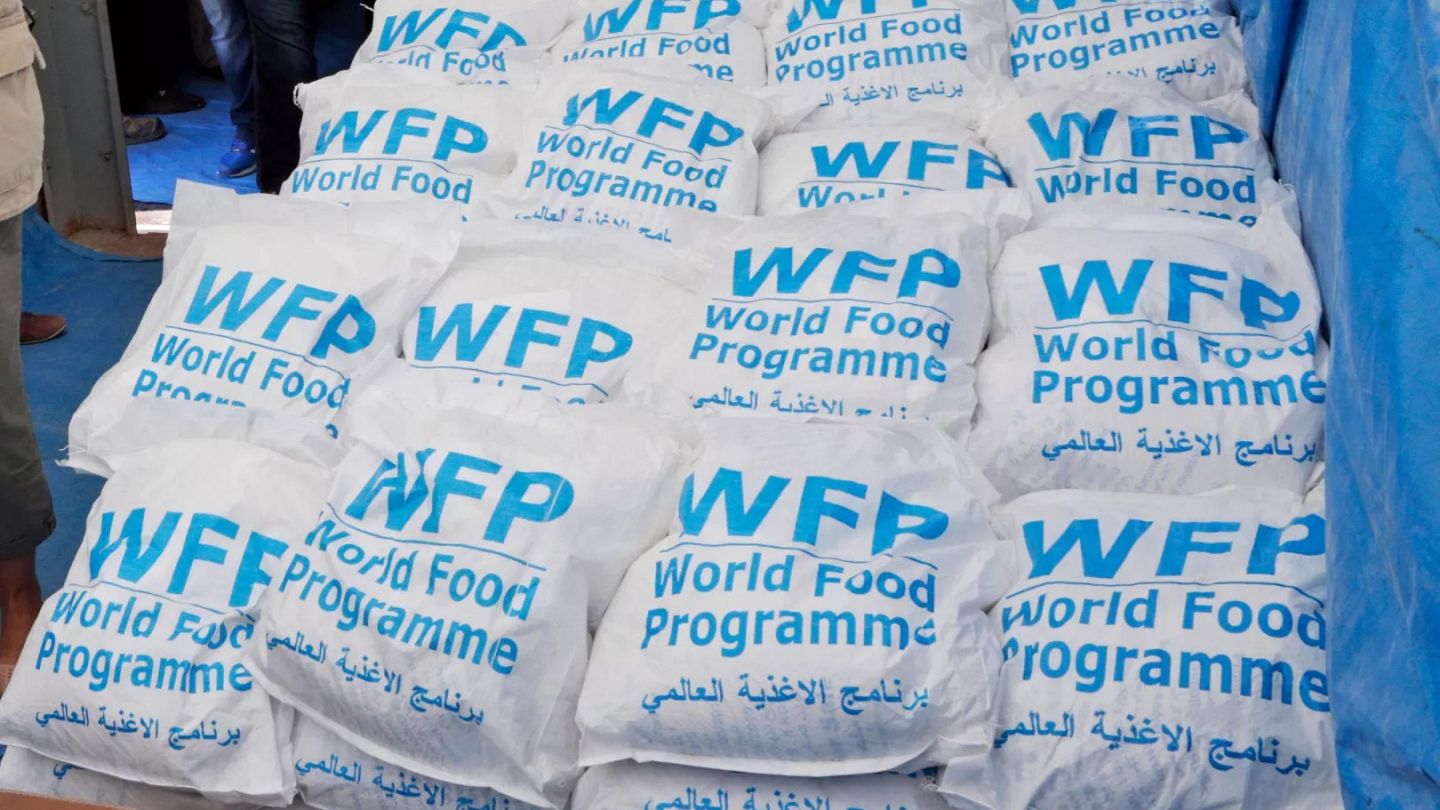UN: The recent cuts made by the US in emergency food programs are a 'death sentence' for millions of people.
The UN World Food Program (WFP) announced that it has cut funding for life-saving programs in 14 impoverished countries despite the Trump administration's promise not to withhold vital aid.
The World Food Program (WFP) warned that the recent cuts made by the Trump administration to emergency food programs would mean a "death sentence" for millions of people suffering from hunger. The UN agency, the world's largest provider of food assistance, called for the administration to reverse its decision to end funding for life-saving programs in poor and war-affected countries after it appeared to backtrack on its previous commitment to emergency food aid. WFP expressed "deep concern" following the announcement that the US government had halted funding for emergency food assistance in 14 countries. The UN agency wrote on X, "If implemented, this could mean a death sentence for millions facing severe hunger. We are in contact with the US administration to request a clarification and urge continued support for these life-saving programs." The program also thanked the US and other donors for their previous contributions. The latest news of cuts, which appear to encompass vital aid programs that had previously been allowed to continue, came a month after Secretary of State Marco Rubio announced that the Trump administration had completed the dismantling of the US Agency for International Development (USAID) and reduced its resources by 83%. Rubio also added that the remaining aid programs would now fall under the jurisdiction of the State Department. After President Donald Trump took office in January, he announced a freeze on foreign aid and laid off hundreds of USAID employees. Following this, the USAID website was taken offline. Elon Musk, one of Trump's key allies who led efforts to reduce federal programs and departments with little or no oversight, had previously described the agency as a "criminal organization" that needed to "die." Euronews reached out to the US State Department and WFP for comment. Who is affected? According to a State Department document obtained by the Associated Press (AP), Syria, facing deep poverty and hunger after a 13-year civil war, has recently lost about $230 million in contracts with WFP and humanitarian aid groups. The report stated that the largest program affected was a $111 million initiative providing bread and other daily food for 1.5 million people. The news agency also reported, citing a UN staff member, that US assistance to WFP's food programs in Yemen, which is grappling with one of the world's most severe humanitarian crises and is war-torn, has also been terminated. A US official speaking to the news agency stated that key aid programs in Somalia, Afghanistan, and Zimbabwe have been affected, including programs providing food, water, medical care, and shelter for people displaced by war. Approximately $560 million in humanitarian aid funding for Afghanistan was terminated in a way that would impact emergency food aid and drinking water provision. Programs aimed at saving severely malnourished infants, critical medical care, and emergency mental health treatment for victims of sexual and physical violence have also been cut. The administration withdrew funding for a program aimed at sending young Afghan women abroad for education due to the Taliban government's bans on women's education. A source related to the program told AP that young women participating in this program would have to return to Afghanistan, putting their lives at risk. Since the Taliban came to power in 2021, it has imposed brutal restrictions on women's rights. The recent cuts came after WFP announced last week that its hot meal supply in Gaza could last only up to two weeks and that all its bakeries had closed due to a shortage of flour and food. The organization added that it had distributed its last food packages.


